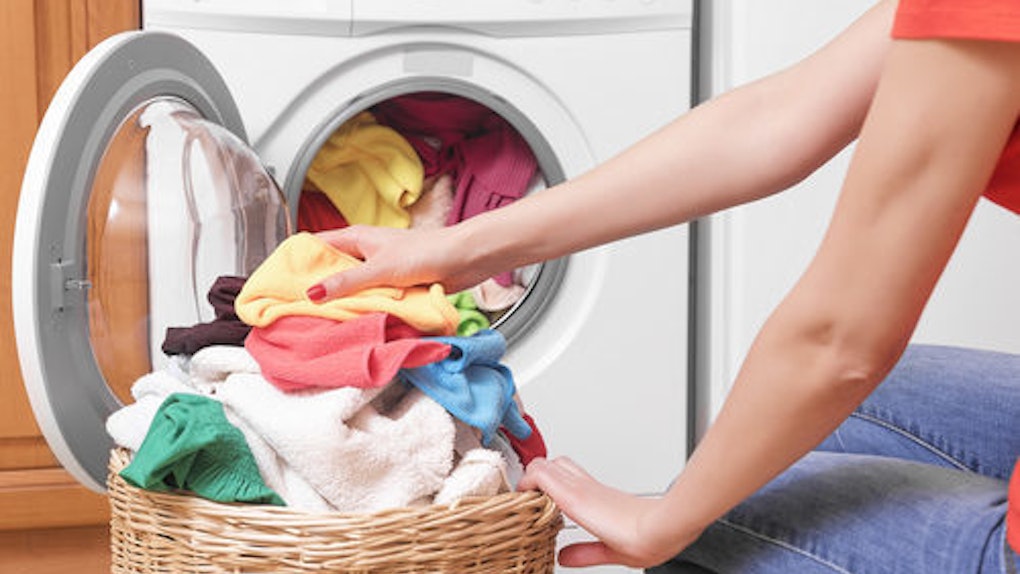
Socks are extensions of your feet, so caring for them is key. In lieu of washing labels, BLACKSOCKS offers sock care survival tips to extend the life cycle of your socks.
Before Washing
Sharp objects such as knives, fountain pens, letter openers, corkscrews — and heaven forbid, long toenails, are detrimental to your socks and can cause permanent damage. Heed this advice and keep your socks away from all dangerous items—and make sure your toenails are clipped. To keep all of your clothing (not just socks) in the washing machine safe, make sure clothing items are zipped up to prevent them damaging other items during the spin cycle.
Wash Your Socks, Don’t Scald Them
Treat your socks like living beings. Sure, they want to feel clean, but this is no reason to boil them alive. A bath at 104 degrees Fahrenheit is good to maintain fitting foot hygiene and the same temperature goes for socks. Cashmere socks, on the other hand, prefer a lukewarm bath, while Merino wool socks like temperatures of no more than 86 degrees.
Gentle Sock Care without Chemical Weapons
Socks are one of the few garments you wear close to your body. As such, it is not fair to torture them with bleach, stain-remover or any other hardcore cleaning agents. Delicate and wool detergents are all you need to use for your feet’s second skin. If possible, use an enzyme free detergent as they might harm the socks’ fibers.

Dry at Low Temperatures
Tumble drying is detrimental to your socks if you care about their longevity. Spinning and hot air in a dryer pulls small fibers from your socks, so keep them away from the evil dryer if possible. Socks prefer to take it easy and enjoy hanging out; a clothesline is the best place to dry them.
Don’t Forget: Socks are Social Beings
Socks prefer to hang out in pairs. On their own they are lonely and useless. BLACKSOCKS recommends removing them together and keeping them together during the waiting, washing and storing process until their next use. That way you can prevent a solitary sock coming to an untimely end under a hotel bed, while the other one lingers unused in the dark shadows at the back of a drawer.
